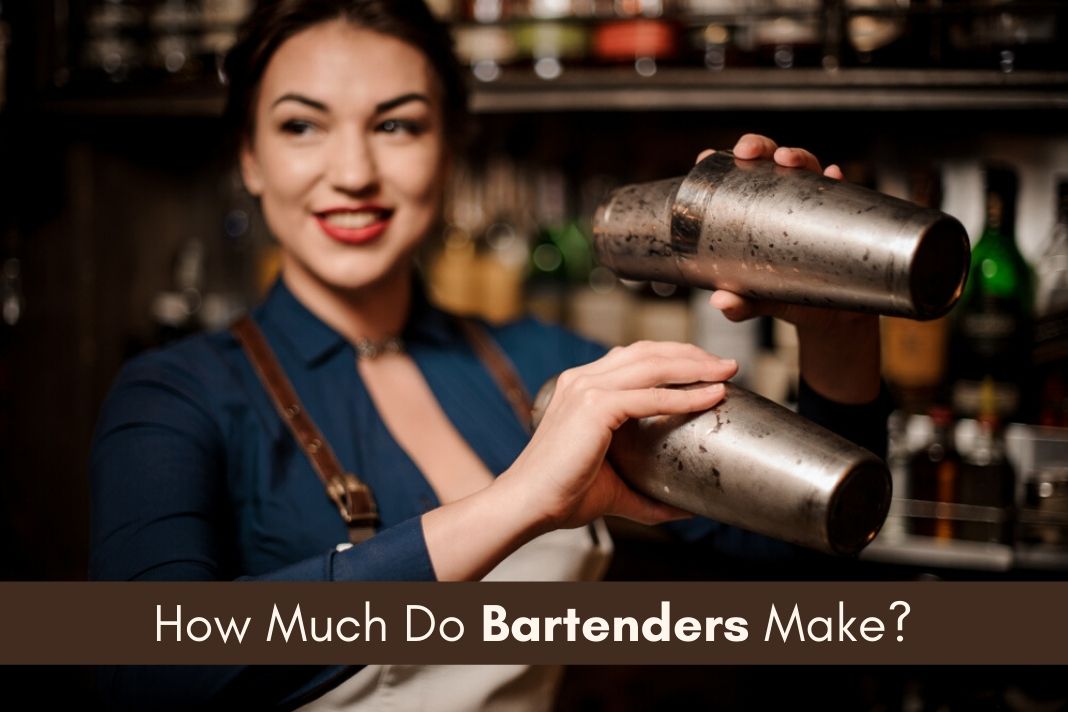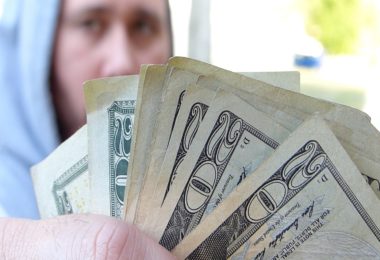
Does bartending look like an enjoyable job? It can be if you’ve got a great persona and a role that’s the perfect fit for you. The average estimated income for bartenders is around $23,000, but tips can boost a bartender remuneration much higher.
Bartender Job Description
Bartenders fulfill customers’ drink orders. They mix cocktails, pour wine, and pull mugs of draft beer. Some bartenders also receive food orders if food is served at the site. Bartenders either serve through wait staff or customers directly.
Bartenders are generally responsible for maintaining a proper cash drawer throughout their shift and taking responsibility for any discrepancies in the final drawer count. They need to keep the bar area hygienic, under the employer’s guidelines and with the local health department.
Excellent customer servicing is an integral part of the job. Bartenders have to develop an energetic work pace that keeps customers satisfied at the bar and in the dining area, if applicable. They must pour and mix drinks according to serving sizes established by the employer to limit costs. Bartenders must facilitate a secure environment for customers and be prepared to identify problem customers and have them evacuated if necessary.
Depending on the employer, bartenders take inventory and order supplies, including liquor, mixers, garnishes such as olives and lemons, plastics, paper goods, glassware, and other items. Some bartenders have an attendant, called a barback, who performs these tasks.
As a bar manager, you may have bartender duties as well as supervisory responsibilities. You can be in a position to hire and train other bartenders, assistants, and wait staff.
How much you earn as a bartender will depend on:
- Where you’re from.
- The type of place you work for (restaurant, cafe, pub, nightclub, cocktail bar, fine-dining, etc.).
- The kind of shifts you work.
- And how great of a bartender you are.
Some of these things are beyond your control. For instance, you can’t do too much about where you’re from unless you’re willing to move abroad (provided you can get a visa), to a different city, or to a different state.
But you can control how great of a bartender you become, and that will make a vast difference in how much you end up earning. Exceptional bartenders will always be able to earn more money because:
- They’ll take more tips (if you’re from a tipping culture).
- It will be easier for them to land a job in a higher paying locale(specialty bars, exclusive nightclubs, fine-dining, etc.).
- They’re more likely to be given the better shifts.
- And they’ll be able to work more hours (only matter if they’re paid on an hourly basis).
So if you’re looking to earn more money as a bartender, forget about what you cannot control (i.e., where you’re from). And focus on things you can control. Become the most exceptional bartender you can be, and the money will follow you.
Salary and Job Outlook
Careers in the US:
As reported by the USBL (Bureau of Labor Statistics), the median hourly wage for bartenders was $10.43. Median salary means that half in the profession earned more, while half earned less. Pay varies widely according to the establishment and the locale’s nature and the experience and skills of the bartender.
Average base pay in the city of New York City is $22,289, which is nine percent above the national average. With tips, the highest-paid bartenders can earn over six figures. Such jobs, as you might expect, are challenging to come by. Tips are generally high in high-end establishments where drinks are more high-cost. Inexpensive drinks mean lower tips, and a bartender in such a locale may be lucky to clear $60 an evening.
The jobs portal PayScale puts the average bartender hourly wage at $7.95, with a range typically between $3.49 and $13.99. Tip income is often unaccounted, so it is challenging to determine actual bartender income.
The BLS tracks data and makes forecasts for nearly all civilian professions. The USBL predicts that jobs for bartenders will increase by about 2 % through 2026, a rate considered slow-moving than average when contrasted to all other works.
Careers in Europe:
An early career Bartender with 1-5 years of experience earns an average total compensation (includes tips, bonus, and overtime pay) of €9.12. A mid-career Bartender with 5-10 years of experience earns an average total compensation of €9.00. An experienced Bartender with 10-20 years of experience earns an average total compensation of €9.75 based(1).
Careers in Asia:
The average bartender salary in Japan is ¥2,660,557 or an equivalent hourly rate of ¥1,379. Moreover, they earn an average bonus of ¥156,857.
Suggested Read:
• How to Become a Successful Freelance Bartender | Key Points
• How To Start A Bar Business – Learn The Steps To Open A Bar
Conclusion:
It doesn’t matter whether you love your martinis, stirred or shaken, or don’t consume martinis. What matters as a successful bartender is the ability to deliver what the buyer orders with efficient, friendly service.




